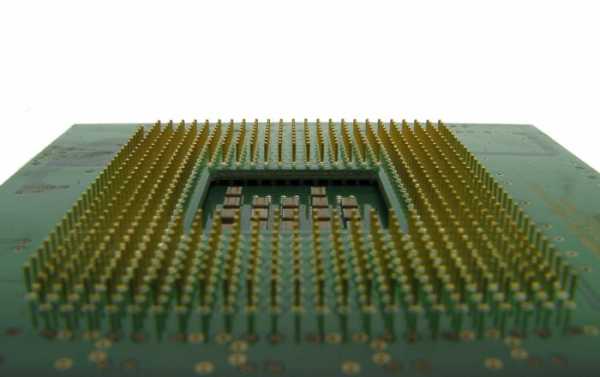
The move follows a similar measure last month which barred US companies from doing business with China’s Huawei, which prompted US consumer-oriented tech firms and computing and internet infrastructure companies alike to suspend their business ties with the Chinese tech giant.
The Commerce Department has added five more organizations, including four companies and a supercomputing research institute, to a list of entities classified as “acting contrary to the national security or foreign policy interests of the United States.”
The companies include Sugon, a major Chinese supercomputer manufacturer, along with its subsidiaries Higon, Chengdu Haiguang Integrated Circuit and Chengdu Haiguang Microelectronics Technology. The restrictions, which effectively cut off the companies’ access to US technology and parts, include constraints against Tianjin Haiguang Advanced Technology Investment Co (THATIC), a $293 million +royalties chip licensing deal struck by the Chinese and US chipmaker AMD which helped the firm secure access to the Chinese market while providing China with x86 processer technology.
The Wuxi Jiangnan Institute of Computing Technology, a Chinese state-owned supercomputing research institute Commerce says is owned by the 56th Research Institute of the General Staff of the Chinese military, is also targeted.
Being placed on the department’s “entity list” effectively bars these organizations from buying US-made computer parts and technologies unless they receive a waiver from the US government.
According to the New York Times, Friday’s ban “could all but cripple” the Chinese entities, which are said to rely heavily on US chips and other components in the manufacture of high-tech electronics.
The ban comes just days before the much-anticipated meeting between US President Donald Trump and Chinese President Xi Jinping in Osaka, Japan during the G20 summit for trade talks. On Wednesday, Trump said he wanted to “get along” with China. However, a day earlier, the president told supporters at a campaign rally that the US would walk away from talks with China if the Beijing doesn’t offer a fair deal, and applauded tariffs on hundreds of billions of dollars’ worth of Chinese goods.
Trump repeatedly complained about the long-running trade deficit with China during his presidential campaign in 2016, and formally kicked off the current trade conflict with Beijing in mid-2018 after slapping 25 percent tariffs on $50 billion’ worth of Chinese goods. China retaliated, with the economic superpowers subsequently broadsiding one another with several more rounds of tit-for-tat tariffs. Earlier this month, Trump threatened to put tariffs on all remaining Chinese goods coming into the United States if he didn’t get his meeting with Xi.
Washington stepped up its trade pressure against Beijing last month, blacklisting Chinese cellphone and internet infrastructure giant Huawei and effectively barring it from doing business with US tech companies. In subsequent weeks, US consumer-oriented firms including Google, Apple, Microsoft and technology and infrastructure-oriented companies like Broadcom, Intel, Qualcomm, Xilinx, and Western Digital suspended their business with Huawei, in accordance with new US regulations restricting permissible commerce with the company and dozens of its foreign subsidiaries. Huawei protested the alleged US attempts to throttle it ‘simply for being Chinese.’ The US has justified the ban by accusing the company of putting ‘backdoor’ access tool into its devices which enabled the Chinese government to spy on users. Huawei and others have dismissed these charges.
Sourse: sputniknews.com






